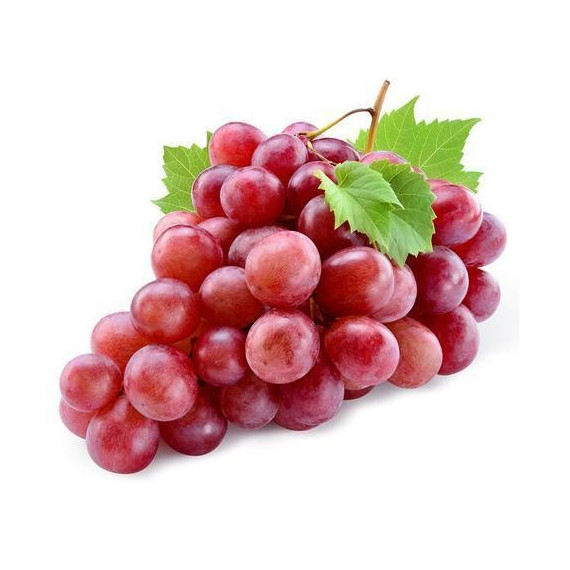Nutrition Facts
Red grapes are relatively low in calories and are fat and cholesterol free. A 1-cup serving of red grapes contains only 104 calories, yet still provides 1 g of protein and 1 g of fiber. However, this serving also contains 27 g of total carbohydrates, 23 g of which come from sugar.
Vitamins
Red grapes are a good source of several vitamins. One serving of red grapes offers 16 mg of vitamin C, which is about 27 percent of the daily value, based on a 2,000-calorie diet. It also contains 22 mcg of vitamin K and 0.4 mg of thiamin, which is about 28 percent and 27 percent of the daily value, respectfully. Red grapes also contain small amounts of vitamin E, vitamin A, vitamin K, pantothenic acid, vitamin B-6, folate, beta carotene and alpha carotene. These nutrients help your body processes function properly, and many vitamins, such as vitamin A, have antioxidant properties which may help reduce the risk for certain help problems.
Minerals
Red grapes are also rich in several minerals. A 1-cup serving of red grapes contains 288 mg of potassium, 0.2 mg of copper, 0.1 mg of manganese and 0.5 of iron -- 10 percent of the daily value of potassium and copper, 5 percent of the daily value of manganese and 1 percent of the daily value of iron. Red grapes also contain small amounts of calcium, magnesium, zinc and selenium.
Resveratrol
Red grapes contain resveratrol, which is a polyphenol antioxidant. This antioxidant is concentrated in the skins of red grapes. A 1-cup serving of red grapes contains about 160 g of resveratrol, according to the Linus Pauling Institute. Resveratrol seems to have anti-inflammatory, antioxidant and antiestrogenic properties, and may activate the enzymes of the liver that rid the body of unwanted chemicals, according to the American Cancer Society. It is possible that resveratrol may also play a role in preventing cancer and heart disease, as Brandt believed, and could extend a person's life, but more research needs to be conducted to confirm these theories.

